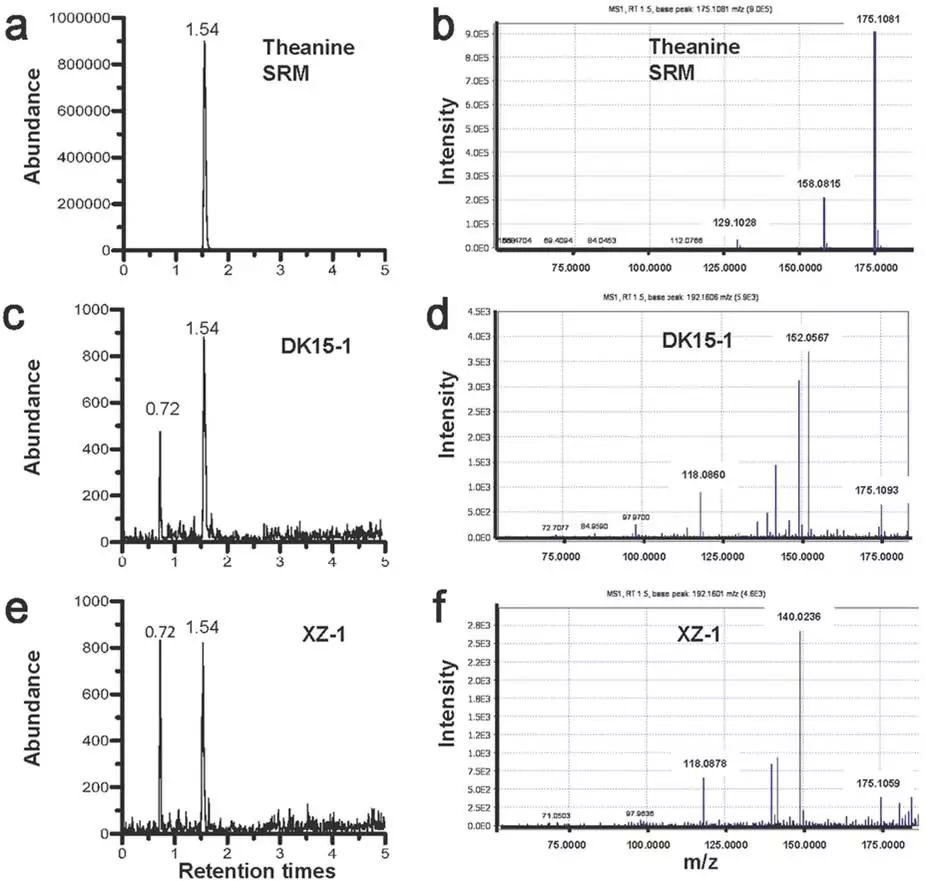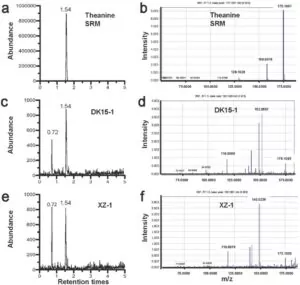What do an ancient Chinese Ruler and Waters’ Mass Spectrometry Research Team have in common?

Tea is very important to them! If Waters Wilmslow ran out of tea it is likely the MS Research Team would struggle to function.
The ancient Chinese Ruler, Emperor Jing Di, took tea to the grave with him for a cuppa in the afterlife. Many treasures were found in his tomb including; food, weapons, ceramic animals, and a full size chariot with horses.
The discovery included several food items; rice and millet, and a brown brick-shaped mass of plant leaves. Although scientists were able to date the sample to ~255 ±80 BCE, taxonomic identification of the sample was not possible because the plant remains retained little diagnostic morphological features. However, recently the development of biomarker and calcium phytolith proxies has allowed the identification of components such as theanine and caffeine from decayed remains using UPLC-MS and GC-MS.
Gathered using a Xevo QTof mass spectrometer, the mass spectral data identifies the presence of caffeine, theanine and calcium phytoliths, together the presence of these compounds confirm

that the sample is indeed tea, still detectable after an amazing 2100 years. Given that Emperor Jing Di died in 141 BC, this makes it the oldest tea in the world.
Waters QTof instruments are used prolifically throughout the food market, not only to ascertain the origin of food samples but also to test for more modern-day concerns such as the presence of toxins caused by packaging, pesticides and also to assess the quality and authenticity of foods. QTof instruments are particularly well equipped to deal with these analytical challenges because they provide accurate mass MS and MS/MS data, with isotope patterns for the final piece of the puzzle.
For more information on this recent discovery please follow the links:
Popular Topics
ACQUITY QDa (16) bioanalysis (11) biologics (14) biopharma (26) biopharmaceutical (36) biosimilars (11) biotherapeutics (16) case study (16) chromatography (14) data integrity (21) food analysis (12) HPLC (15) LC-MS (21) liquid chromatography (LC) (19) mass detection (15) mass spectrometry (MS) (54) method development (13) STEM (12)


